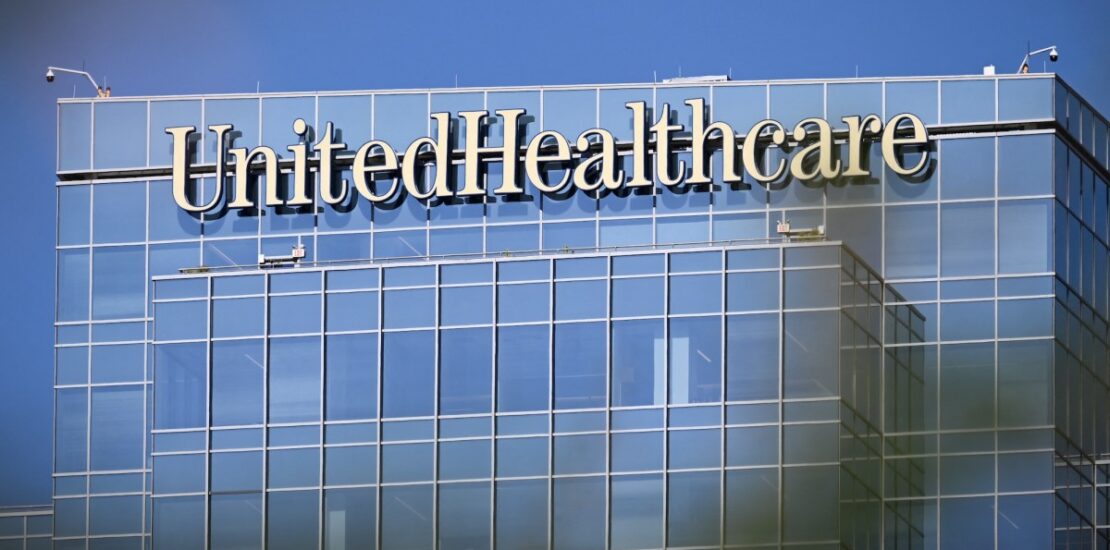UnitedHealth says Change Healthcare hack affects over 100 million, the largest-ever US healthcare data breach
- November 4, 2024
- Posted by: chuckb
- Category: TC Security

The ransomware attack on Change Healthcare in February affected over 100 million individuals, marking it as one of the largest breaches of private health information in history. This cyber incident resulted in severe disruptions across the U.S. healthcare sector, leading to months of outages and operational challenges. UnitedHealth Group (UHG), the parent company of Change Healthcare, first disclosed the scale of the breach recently, emphasizing its significant impact on American patients.
The U.S. Department of Health and Human Services reported the updated figure of affected individuals on its data breach portal, prompting UHG to issue ongoing notifications to those potentially impacted. The breach included a wide range of personal and health-related data, such as names, Social Security numbers, medical histories, and sensitive financial information, further compounding the severity of this incident for those affected.
Change Healthcare, a major player in the health data management sector, processes medical billing and insurance for a vast number of healthcare providers, thus handling sensitive data for approximately one-third of all Americans. Following the discovery of the attack, the company initiated measures to contain the breach, resulting in substantial outages across the infrastructure that relied on its services.
UHG attributed the attack to the ALPHV/BlackCat ransomware group, which later claimed responsibility and siphoned a $22 million ransom for the return of the stolen data. After securing the ransom, members of the gang allegedly betrayed their contractors, leading to further extortion and the public release of certain stolen files. Despite the ransom payment, there is no assurance that the criminals deleted the stolen data, maintaining a risk for the impacted individuals.
The government has struggled to apprehend the members of the ALPHV/BlackCat gang, even as they raised the reward for information to $10 million in an attempt to gather leads. The prolonged investigations and consequences of the cyberattack have prompted regulatory scrutiny of both UHG’s cybersecurity measures and the company’s handling of sensitive patient data.
Additionally, lawmakers have highlighted the breach as indicative of the growing risks associated with the corporate consolidation of healthcare services and the overall vulnerabilities in cybersecurity protocols. UHG’s CEO, Andrew Witty, indicated that the breach occurred via compromised credentials lacking multi-factor authentication (MFA), pointing to a failure to implement adequate security measures in a critical internal system.
In the aftermath, UHG has introduced MFA across its systems to bolster security; however, the investigation continues to question how such significant security lapses went unnoticed in a company that reported $22 billion in profit in 2023. Critics argue that the immense volume of sensitive data handled by Change Healthcare made it an attractive target, raising broader concerns about data protection practices in a rapidly consolidating healthcare industry.
The merger of Change Healthcare with UHG’s subsidiary, Optum, added layers of scrutiny regarding potential antitrust issues that the Justice Department was already investigating prior to the cyberattack. Lawmakers have raised alarms about UHG’s hefty data collections and whether their market advantages compromise patient privacy and data security.
The intricate dynamics of this incident reflect larger systemic challenges in healthcare cybersecurity, revealing the potential for catastrophic failures when protective measures are insufficient to combat sophisticated cybercriminal activities. The plight of millions whose personal health data was compromised underscores the urgent need for unparalleled vigilance and reform in the field of healthcare data security.
